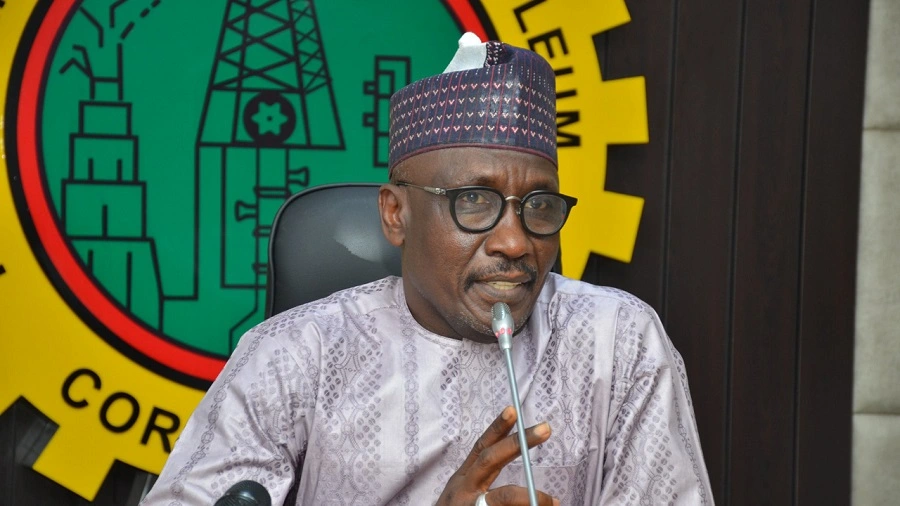- Is the significant rise in life expectancy finally slowing down? Why?
- Boeing factory strike crosses 1-month mark as pressure mounts on new CEO
- Why Honeywell CEO Vimal Kapur doesn't think the AI payoff will come from productivity
- China's exports and imports grew far less than expected in September
- Pro-Palestine protestors cause disturbance outside the New York Stock Exchange
What do you believe is the single most important factor driving up the cost of living in Nigeria?
It's been just over a month since more than 30,000 Boeing machinists walked off the job after overwhelmingly voting down a tentative contract. Costs and tensions have only risen since then. The strike is adding to pressure on Boeing's new CEO, Kelly Ortberg, who was brought in over the summer to solve the plane maker's various troubles. The strike, which S&P Global Ratings estimates costs Boeing more than $1 billion a month, bookends an already difficult year that started with a near-catastrophic blowout of a 737 Max door plug and comes six years after the first of two fatal Max crashes put the storied manufacturer in constant crisis mode. The union and company remain at an impasse, and airplane production at factories in the Seattle area and other locations has been idled, depriving Boeing of cash. Boeing last week pulled a sweetened contract offer that the union had rejected, saying it wasn't negotiated. Boeing officials had been upbeat to airline customers about getting to a deal in the weeks before the original vote, according to people familiar with the matter who spoke on the condition of anonymity because the conversations were private. But that optimism didn't pan out, as workers on Sept. 13 voted 95% against an initial tentative labor deal. "They'll have to increase their offer. There's no doubt about that," said Harry Katz, a professor who studies collective bargaining at Cornell University's School of Industrial and Labor Relations. He said one of the union's demands, a return to a pension plan, is unlikely, however, and estimated the strike could last two to five more weeks.
The process of ending strike has turned more fraught, with federally mediated talks breaking down midweek. Boeing on Thursday said it filed an unfair labor practice charge with the National Labor Relations Board that accused the International Association of Machinists and Aerospace Workers union of negotiating in bad faith and misrepresenting the plane makers' proposals. Late Friday, Jon Holden, president of the striking workers' union, IAM District 751, pushed for a return to negotiations. "CEO Ortberg has an opportunity to do things differently instead of the same old tired labor relations threats used to intimidate and crush anyone that stands up to them," he said in a statement. "Ultimately, it will be our membership that determines whether any negotiated contract offer is accepted. They want a resolution that is negotiated and addresses their needs." Boeing's unionized machinists are not receiving paychecks and lost their company-backed health insurance at the end of September. However, unlike during the last Boeing factory strike in 2008, there is more contract work in the Seattle area to help workers fill the gaps. A union message board posts job opportunities like driving for food delivery services and warehouse work.
Slashing workforce















